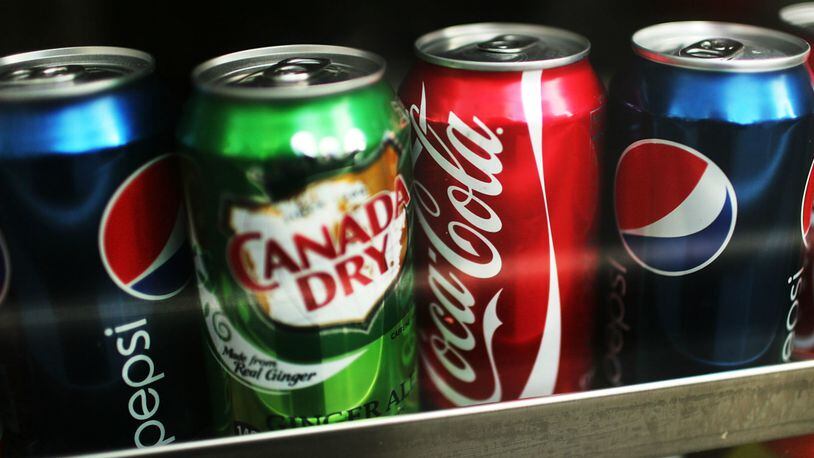In Fletcher's class-action lawsuit filed July 10 in New York federal court, she noted "Canada Dry's ginger flavor extract is not 'real ginger' as reasonable consumers understand that term," according to the New York Post. "It is manufactured in a lab using various chemicals and extraction processes."
While the product has “some ginger compounds,” the percentage is a “minuscule” two parts per million.
“Instead, Canada Dry Ginger Ale is made from carbonated water, high fructose corn syrup, citric acid, preservatives, and “natural flavors,” i.e., a flavor compound comprised predominately of flavor extracts not derived from ginger, and a minuscule amount of a ginger flavor extract,” the lawsuit alleges.
Dr. Pepper has said that the company uses ginger to make the "natural flavoring" in its Canada Dry ginger ale. But that involves a "microscopic amount of ginger flavor" with "none of the health benefits consumers associate with real ginger," Fletcher's lawyer said in the official complaint.
With a portfolio of Canada Dry's previous advertisements in her suit, Fletcher argued the company sought to market its drink as a healthy alternative amid the 2000s' falling soda sales, a campaign that led to a more than 8 percent increase in sales in just months, according to the Buffalo News.
One of the ads includes the voiceover “Real ginger, real taste.”
Fletcher’s lawsuit is one of many brought against the Texas-based company for the same reason, including one in Missouri that was dismissed after a request from the lead plaintiff.
The case alleged independent laboratory tests found Canada Dry’s ginger ale didn’t contain any detectable ginger, but the company argued against the tests’ credibility.
Two other suits are pending in California and Massachusetts.
About the Author
